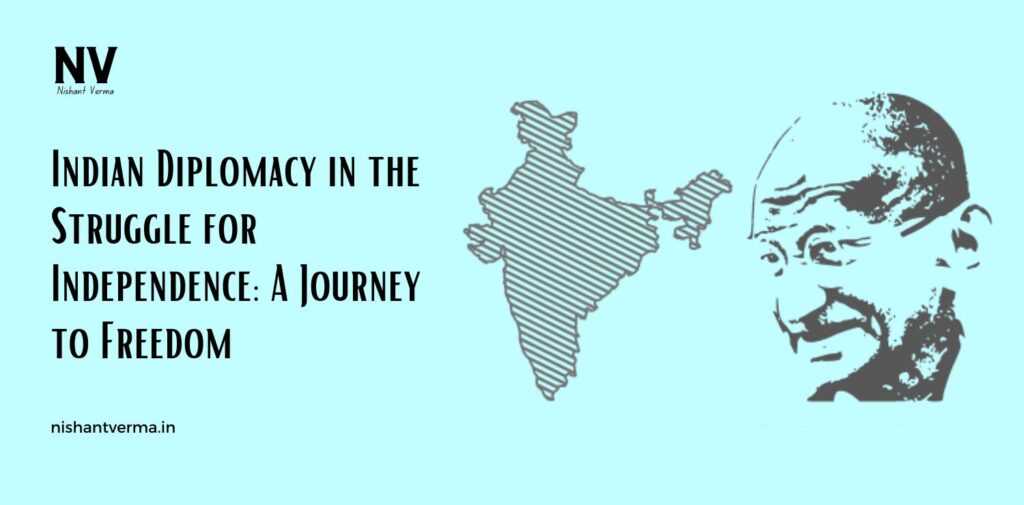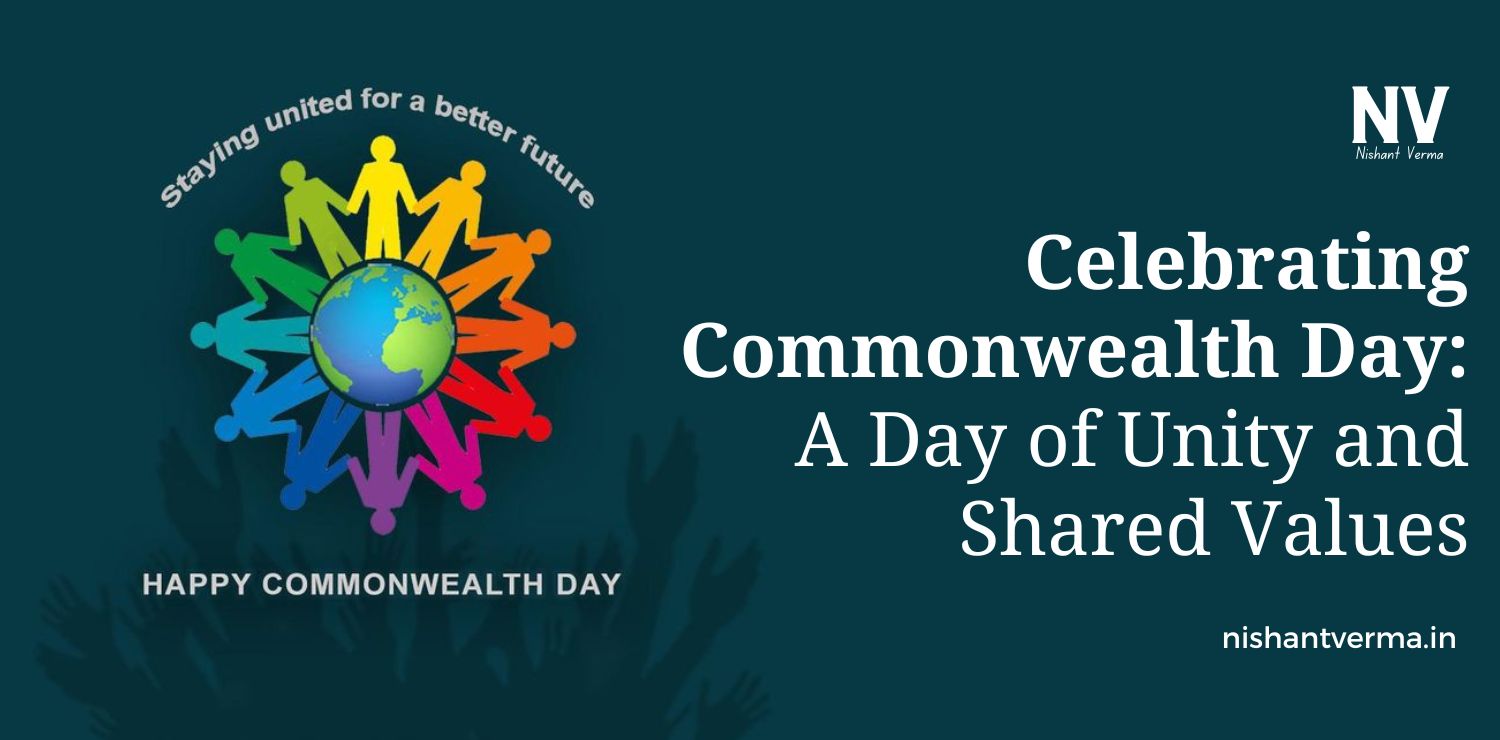India’s fight for independence from British rule was not just about physical battles on the ground. A critical and often understated aspect of this struggle was the diplomacy that took place both within the country and on the global stage. Indian leaders and freedom fighters worked tirelessly to gain support from international communities, challenge British imperialism, and win global sympathy for the cause of independence. Diplomacy played a significant role in shaping India’s path to freedom, as it involved negotiations, strategic alliances, and global advocacy.
This article delves into the role of Indian diplomacy during the struggle for independence, highlighting its importance and how it helped India secure its freedom.
The Early Diplomatic Efforts
The struggle for India’s independence did not begin overnight. From the very early stages of British rule in India, there were efforts to challenge colonial policies. However, diplomacy, as we understand it today, started becoming a significant part of India’s struggle only in the late 19th and early 20th centuries.
During the first few decades of British rule, the Indian people were more focused on internal reforms and education. The Indian National Congress (INC), founded in 1885, was the primary platform for expressing concerns over British governance. At this stage, diplomacy was not as prominent. However, over time, it became clear that internal protest and non-cooperation alone would not be enough to remove the British. A more strategic approach involving international support became necessary.
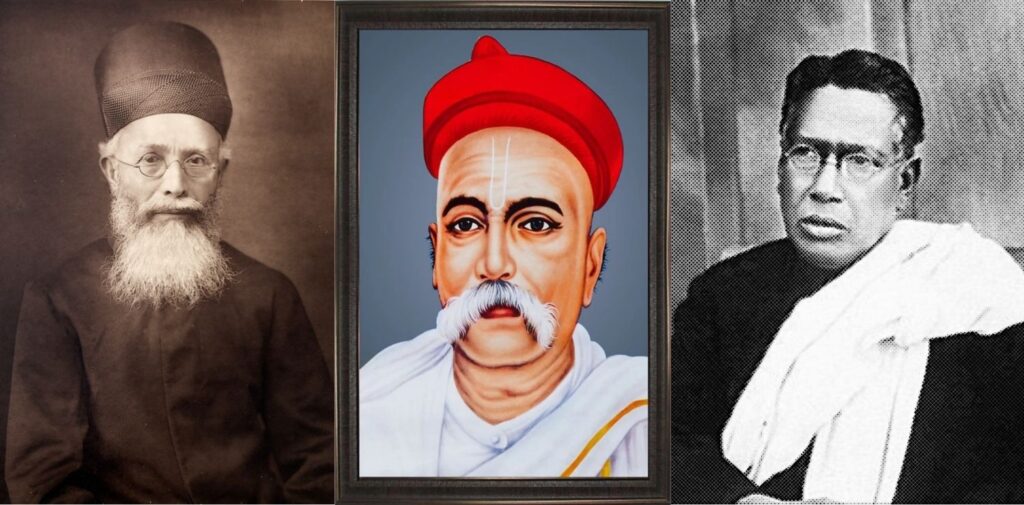
The Role of Indian Leaders in Diplomacy
Leaders like Dadabhai Naoroji, Lala Lajpat Rai, and Bipin Chandra Pal, who were part of the early freedom movement, realized that India’s fight for independence needed a global audience. They started communicating India’s grievances and demanding justice from the British government, focusing on the economic exploitation of India. Naoroji, for instance, is famous for articulating the idea of the ‘drain of wealth’ from India to Britain, which became a cornerstone in the Indian demand for independence.
As the movement gained momentum, new leaders like Jawaharlal Nehru, Subhas Chandra Bose, and Mahatma Gandhi understood the importance of international diplomacy. They knew that the British would not just respond to local pressure; India needed to build alliances abroad and raise awareness globally.
Mahatma Gandhi and Non-Violent Diplomacy
Mahatma Gandhi’s leadership in the Indian freedom struggle brought a revolutionary change in how diplomacy was practiced. He pioneered the concept of non-violent civil disobedience as the central method of resistance. His philosophy attracted global attention and won India sympathy from many foreign governments and international organizations.
Gandhi’s Salt March of 1930 is one of the most famous instances of non-violent diplomacy. By leading this peaceful protest against the British salt monopoly, he highlighted the oppressive nature of British rule. The event was widely reported by international media, and soon, the British government found itself facing not only internal dissent but also global pressure. Gandhi’s diplomatic approach proved to the world that India was not just fighting for freedom but for justice and human rights.
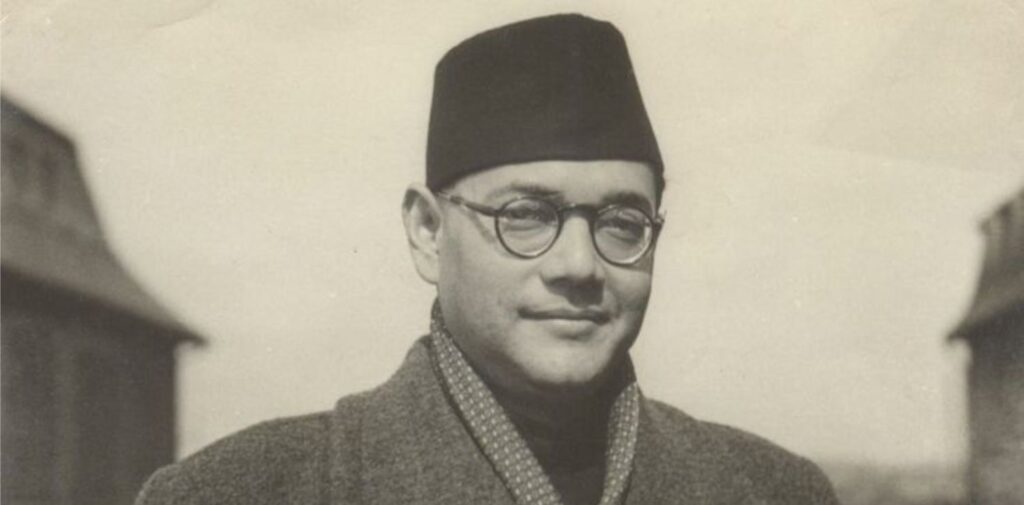
The Role of Subhas Chandra Bose and International Alliances
While Gandhi’s approach of non-violence was gaining momentum, another leader, Subhas Chandra Bose, took a more aggressive approach to diplomacy. Bose believed that India would not gain freedom through peaceful means alone. He sought support from foreign countries, including Germany, Japan, and Italy, during World War II.
Bose’s diplomatic efforts were instrumental in rallying international support for India’s cause. In 1942, he established the Azad Hind Government in exile, with the help of the Japanese and the Indian diaspora in Southeast Asia. Although his efforts did not lead to direct military assistance from the Axis powers, Bose’s diplomatic initiatives ensured that India’s independence became a global cause.
Despite differences in approach, both Gandhi and Bose’s diplomatic work played essential roles in India’s fight for freedom. Gandhi’s non-violent diplomacy gained the moral high ground, while Bose’s international alliances brought attention to the urgency of India’s struggle.
International Support for India’s Independence
As the freedom movement gained strength, India’s leaders also worked on building diplomatic relations with countries around the world. Indian leaders like Jawaharlal Nehru and Sardar Vallabhbhai Patel attended international forums and conferences where they spoke about the injustices of British colonialism. These diplomatic efforts helped garner international support for India’s independence.
In particular, India’s case was raised in the United Nations, where British colonial rule came under increasing scrutiny. The issue of Indian independence was becoming not just a matter of internal politics but also a global issue. Several nations, especially those that had recently gained independence, sided with India in its struggle against colonial rule.
The Role of the Indian National Congress (INC) and the British
The Indian National Congress (INC) played an essential role in diplomatic negotiations, both with the British government and foreign governments. Leaders like Nehru, Patel, and Gandhi worked to convince the British that India’s demand for independence was not just a political issue but a moral and ethical one.
Through a series of negotiations, including the Round Table Conferences, Indian leaders put forward their demands for self-rule. However, the British, reluctant to give up their colonial empire, often tried to delay the process. Despite these setbacks, the diplomatic efforts of the INC helped shape public opinion in Britain and abroad, forcing the British government to recognize the inevitability of Indian independence.
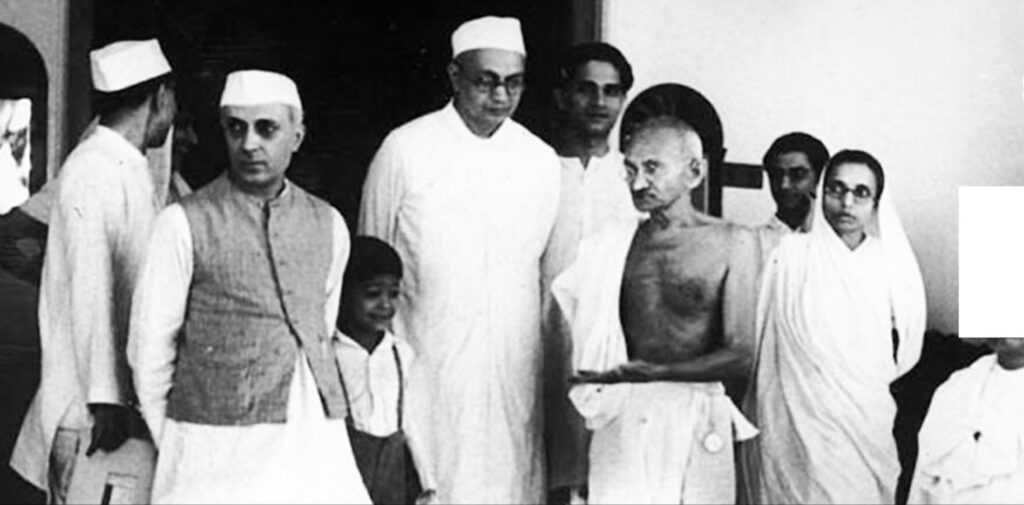
The Role of the Indian Diaspora
Another significant aspect of Indian diplomacy during the freedom struggle was the active role played by the Indian diaspora, particularly in countries like the United States, South Africa, and East Africa. Indian expatriates, led by leaders like Lala Lajpat Rai and others, took up the cause of independence on foreign soil.
The Indian diaspora worked hard to gain the support of influential political leaders and intellectuals in the West. They organized meetings, raised awareness about British colonialism, and created pressure through petitions and protests. Their diplomatic efforts provided an essential voice for India’s struggle for freedom in international spaces.
Conclusion: Indian Diplomacy
Indian diplomacy during the struggle for independence was multifaceted and effective. While non-violent methods and civil disobedience dominated the national discourse, the importance of international alliances and support cannot be overlooked. The global dimension of India’s independence struggle played a vital role in the success of the movement. Through strategic negotiations, alliances, and advocacy on the world stage, India was able to turn the tide against British colonial rule.
The efforts of leaders like Mahatma Gandhi, Subhas Chandra Bose, Jawaharlal Nehru, and others were instrumental in shaping India’s diplomatic narrative. Their diplomatic initiatives helped mobilize global support, challenge British rule, and set the stage for India’s eventual independence in 1947. The diplomatic struggle for independence highlights the importance of international solidarity, strategy, and the role of leadership in achieving freedom.
India’s journey to freedom was a testament to the power of diplomacy, and it serves as an inspiration for nations worldwide that seek justice, equality, and self-determination.

